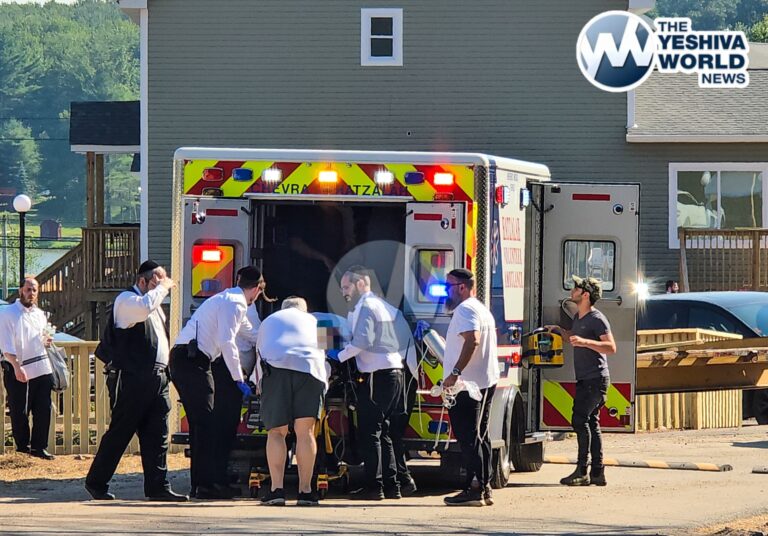The advent in 2000 of the PCV7 vaccine to battle bacteria that causes pneumonia, meningitis and sepsis (blood infection) in children has caused notable changes in strains that cause these illnesses, researchers report.
Most worrisome is the recent spread of strains not covered by the vaccine, the team aid.
Immunizations with the PCV7 vaccine is now recommended for all children before the age of 2.
American researchers found that the most common cause of invasive pneumococcal infections is now a strain called serotype 19A, which is not covered by the PCV7 vaccine. The studies also found a rise in infections caused by antibiotic-resistant pneumococci.
One study, an analysis of 2001-07 data by Boston University researchers, revealed that only 15 percent of serious pneumococcal infections in Massachusetts were caused by one of the seven strains covered by the PCV7 vaccine. The remaining 85 percent were caused by other strains, most commonly serotype 19A.
Because infections with PCV7-targeted strains decreased and infections with strains not covered by the vaccine increased, there was little change in the overall rate of serious infections. The fatality rate among children with serious infections was 1.4 percent, and most of the deaths occurred in patients younger than 1 year old.
An increase in serious infections caused by serotype 19A since the introduction of PCV7 was also noted by researchers at the University of Texas Southwestern Medical Center in Dallas.
Both teams also found a significant rise in infections caused by antibiotic-resistant pneumococci — mainly serotype 19A — and stressed the need for continued monitoring of trends in invasive pneumococcal infections.
The studies are published in the April issue of the Pediatric Infectious Disease Journal.










